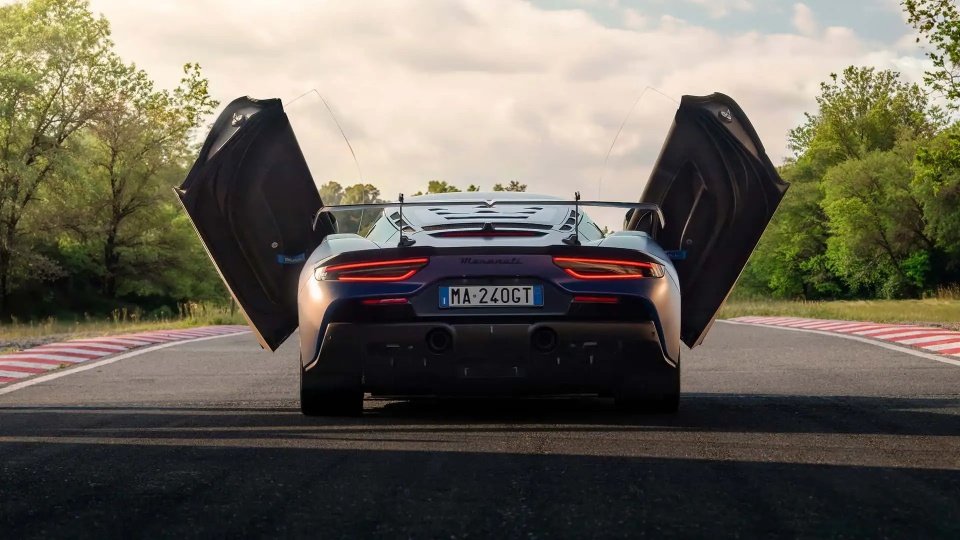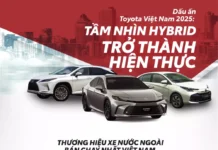
|
According to Motor1, Maserati has not been the most efficient brand under the Stellantis group’s management.
The Italian luxury carmaker saw its sales plummet in 2024, followed by a further 48% decline in the first quarter of this year. This relatively poor market performance sparked rumors that Stellantis was looking to offload Maserati.
However, Stellantis has consistently denied plans to sell the Maserati brand. Recently, a spokesperson for Stellantis, when asked by Reuters, once again dismissed the rumors, reaffirming the company’s commitment to the Italian marque.
“With all due respect, Maserati is not for sale,” the Stellantis representative emphasized.
Nonetheless, Reuters‘s independent source suggests that McKinsey, the consulting firm hired by Stellantis to navigate President Donald Trump‘s new tariff policies, may recommend that the automaker divest from Maserati in some form. This is reportedly one of the options being considered by McKinsey for Stellantis.
According to Reuters, Stellantis has asked the consulting firm to explore all possible scenarios for the Italian brand. As McKinsey is still in the early stages of its work, any definitive decisions about Maserati’s future may not be imminent.
|
|
In contrast, another source speaking to Reuters revealed internal disagreements within the Stellantis board regarding Maserati’s future. Some believe that Maserati holds value for Stellantis as its only luxury brand. Others argue that Stellantis lacks the resources to support Maserati while it struggles to revamp its existing product lineup.
Motor1 reports that Maserati has halted production of the Ghibli and Levante, two of its best-selling models. Their replacements are not expected until 2027-2028, leaving the Maserati Grecale as the brand’s sole SUV offering.
Maserati is also continuing sales of the GranTurismo coupe and the MC20 supercar. However, Motor1 assesses that neither of these models has a broad enough appeal to sustain a brand.
|
|
Motor1 concludes that while replacing the Ghibli and Levante could potentially turn around Maserati’s sales and financial prospects, the luxury car market remains highly competitive. Another Italian brand within the Stellantis group, Alfa Romeo, is also undergoing a product lineup overhaul, which further complicates matters.
The need for Alfa Romeo and Maserati to avoid overlapping models restricts both brands’ growth potential, Motor1 concludes.
Recommended Reads for Your Journey
Our Automotive section offers a diverse range of book recommendations to engage and entertain you during your travels. Whether you’re on a short commute or a long road trip, these titles are sure to make your journey more enjoyable.
The Road to Revival: A Stellantis Luxury Brand Collaboration
Maserati and Alfa Romeo, two iconic automotive brands, are joining forces in a strategic alliance aimed at reducing costs and boosting sales performance. This exciting collaboration between the Italian powerhouses promises to deliver an innovative and dynamic approach to the automotive industry. With their combined heritage, passion, and expertise, Maserati and Alfa Romeo are poised to create a new era of captivating vehicles that thrill drivers and enthusiasts worldwide.
The Ultimate Nissan Priority
The Japanese automotive manufacturer has made a strategic decision to pause new vehicle development and redirect its efforts towards cost-cutting initiatives. This bold move underscores the company’s commitment to streamlining its operations and ensuring long-term sustainability. With a renewed focus on financial prudence, the brand aims to emerge stronger and more resilient in a dynamic and challenging market landscape.











































